The above information was given by First Deputy Permanent Representative of Russia to the United Nations Dmitry Polyansky on March 14.
Mr. Polyansky said that Russia had prepared an "official document" based on correspondence with Denmark, Sweden, Germany; copies of that document had been sent to the UN Security Council and the UN General Assembly.
"These documents allow our colleagues at the United Nations to confirm that the statements these countries have made to us about the progress of their investigations are not true," Mr. Polyansky wrote on his Telegram page.
In addition, Mr. Polyansky warned that if the international community does not get to the bottom of the incident and hold the perpetrators accountable, the Nord Stream incident could usher in a new dangerous era in which countries consider covert attacks on the critical infrastructure of their opponents to be permissible.

Pipelines of the Nord Stream 2 project in Sassnit, Germany on September 30, 2022. Photo: New York Times
On March 13, Secretary of the Russian Security Council Nikolai Patrushev doubted the information that a pro-Ukrainian group sabotaged the Nord Stream pipeline, saying that Kiev did not benefit from this.
Mr. Patrushev spoke after US and German media last week cited unnamed sources in Western intelligence and diplomatic circles as saying that investigators had found signs that a pro-Ukrainian group used explosives to attack the Nord Stream pipeline in September 2022. According to RT , Mr. Patrushev argued that this hypothesis could only convince those who "think illogically."

Gas leaks from the Nord Stream pipeline in the Baltic Sea on September 27, 2022. Photo: Swedish Coast Guard/Xinhua
Earlier, Russian Foreign Ministry spokeswoman Maria Zakharova on March 9 criticized the European Union (EU) for "completely ignoring" proposals for negotiations on conducting a joint investigation into the Nord Stream gas pipeline explosions.
Hungarian Foreign Minister Peter Szijjarto has suggested that the United Nations should provide a framework to investigate the attacks on the Nord Stream 1 and Nord Stream 2 gas pipelines. Mr. Szijjarto called the incident "scandalous", affirming that Hungary wants to get to the bottom of it.
The Nord Stream pipeline exploded on September 26, 2022, in the exclusive economic zones of Sweden and Denmark, causing a large amount of gas to leak into the Baltic Sea. Washington has suggested that Moscow was behind the explosions, while Russia has accused the West of "terrorism". Sweden, Denmark and Germany have launched investigations into the explosion but have refused to share the results with Russia.
Source


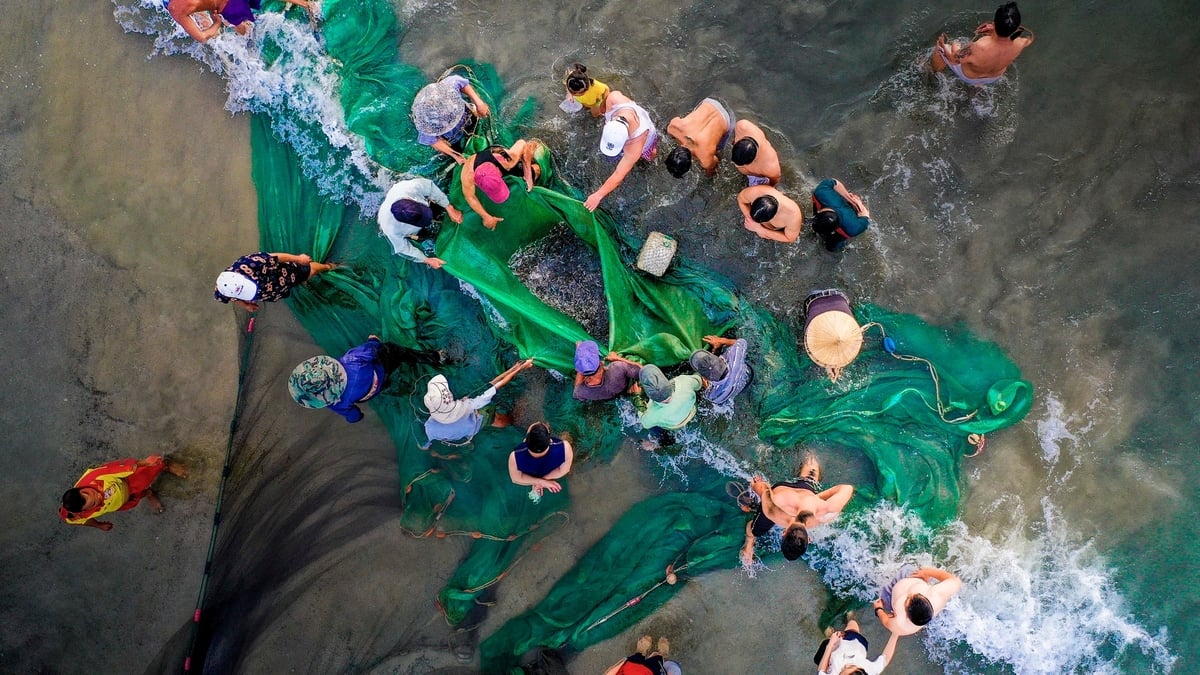

![[Photo] General Secretary To Lam works with the Standing Committee of Quang Binh and Quang Tri Provincial Party Committees](https://vphoto.vietnam.vn/thumb/1200x675/vietnam/resource/IMAGE/2025/6/25/6acdc70e139d44beaef4133fefbe2c7f)


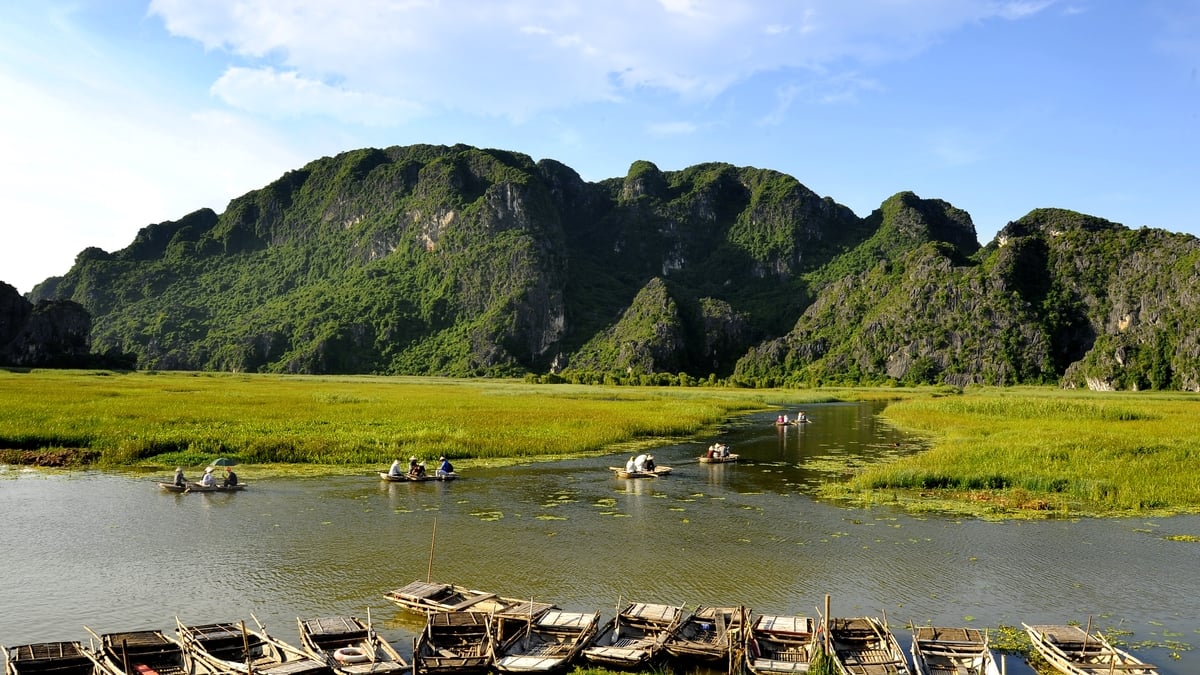


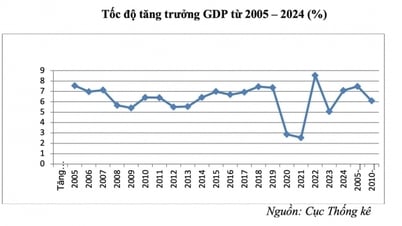









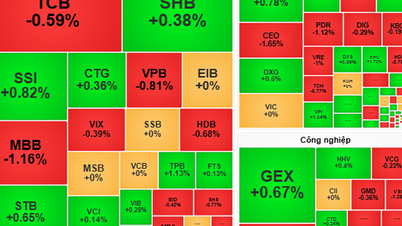





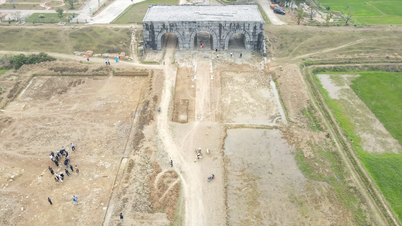





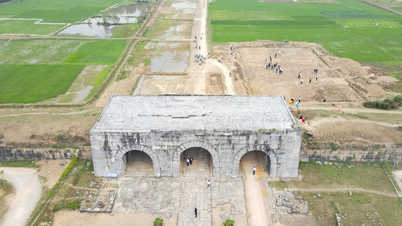


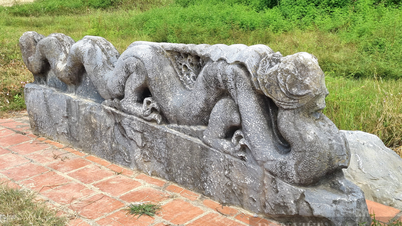




















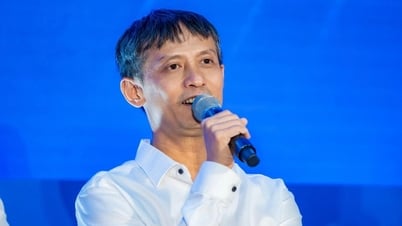









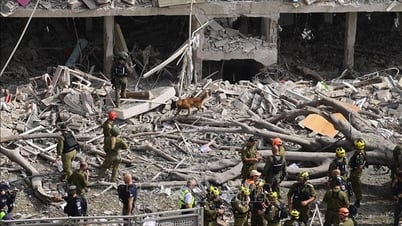
































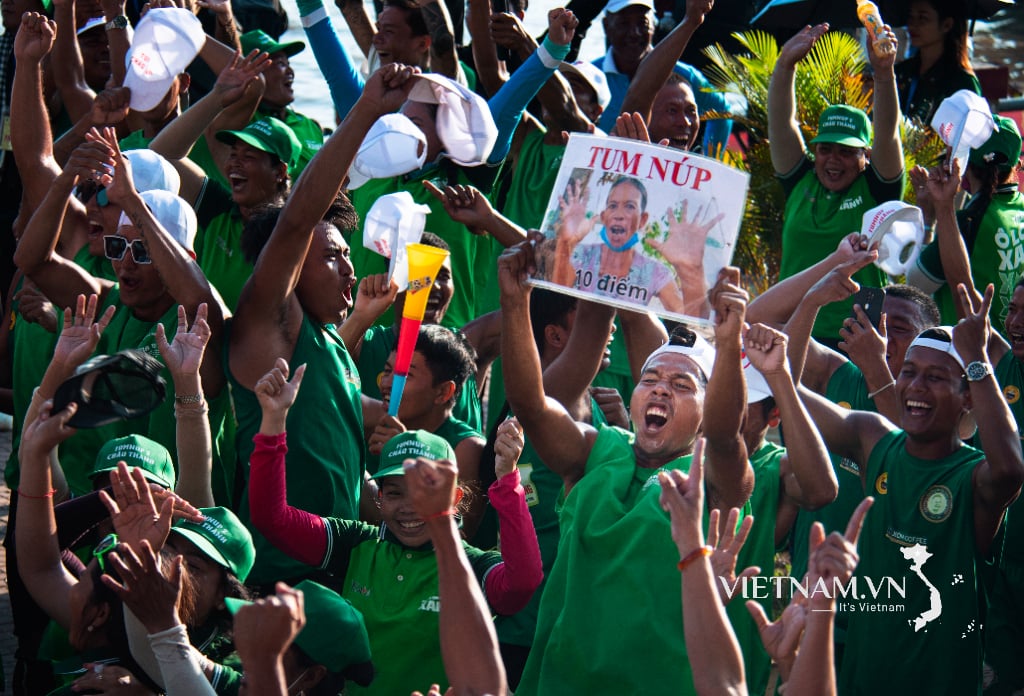

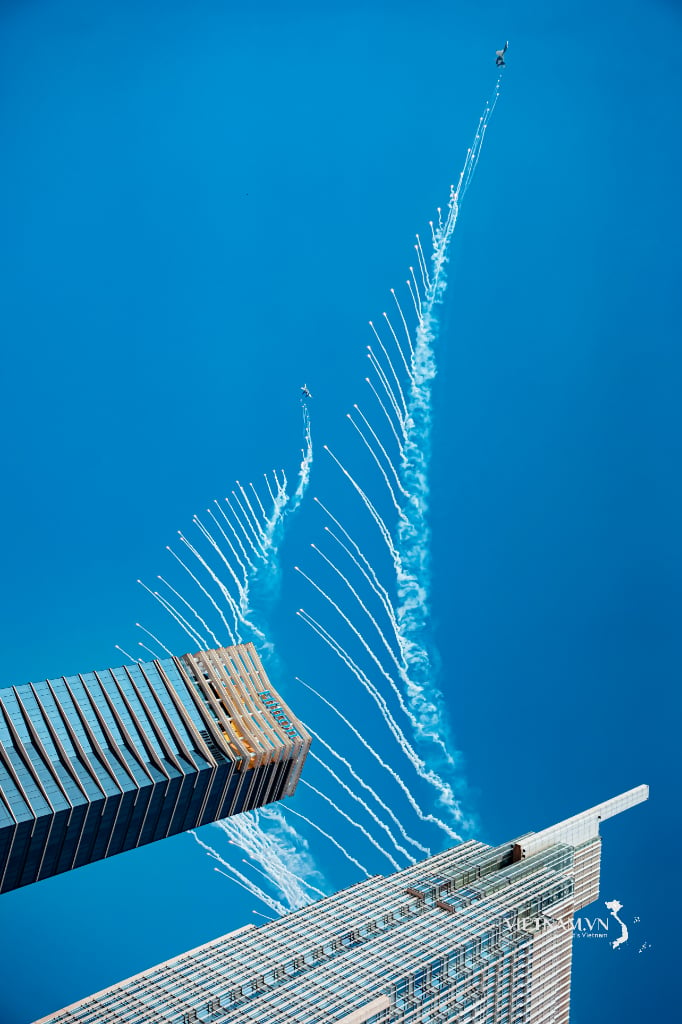
Comment (0)